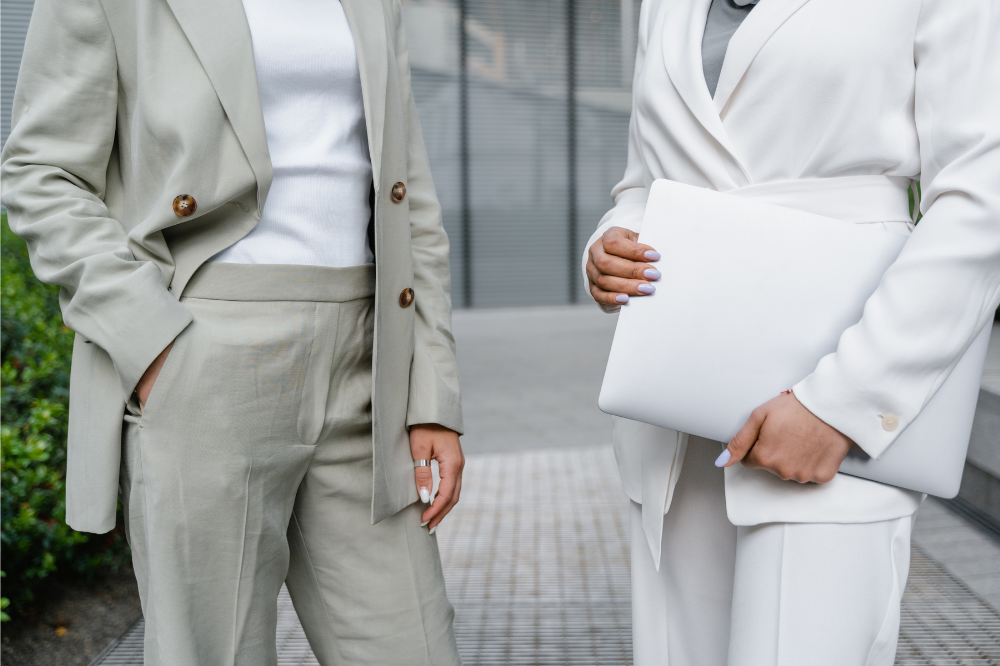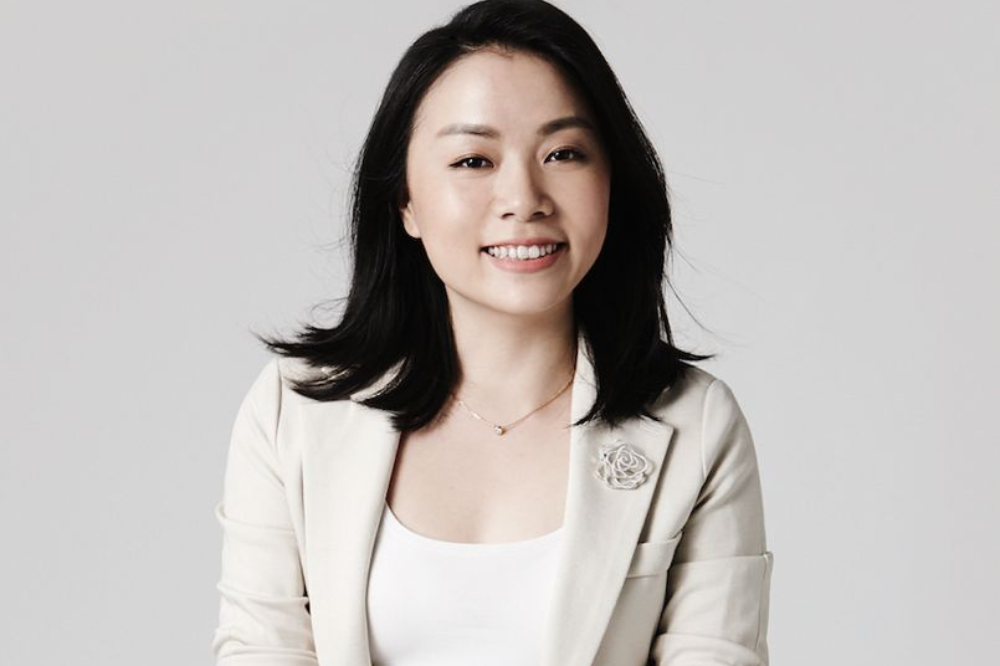The evolution of workwear: How professional style has transformed over the years
From rigid, formal attire we've evolved to a more flexible, casual style that maintains professionalism.

For many of us who grind the 9 - 5, the morning routine before work often feels like a whirlwind of tasks: snoozing the alarm one too many times, grabbing that first cup of coffee, scrolling through emails, and mentally mapping out the day ahead. But among these rituals, there’s that one question that lingers — "what do I wear to the office?". It’s a choice that can set the tone for the entire day, influencing everything from confidence levels to first impressions.
Officewear, once a rigid uniform of starched shirts and tailored blazers, has undergone a quiet revolution, shaped by the demands of modern work culture, the rise of fast fashion, and the post-pandemic shift in how we work and live. What used to be a predictable code of business formality now embraces casual comfort without losing its professional edge.
To delve deeper into this sartorial evolution, we turned to fashion stylist Andrea Kee, who analyses how dressing for work has become both easier and more complex in this new era of professional style.

"In the post-pandemic era, officewear has evolved to strike a balance between formal and casual wear, so employees feel comfortable while still looking professional," she shared.
The minimalist approach or to dressing also known as capsule wardrobe has also found its way into officewear, allowing professionals to build versatile, stylish outfits with just a few key pieces.
Kee said that capsule wardrobes in officewear evolution is a good sign, stating that people have utilised creativity well.
She emphasised the importance of keeping a relaxed, diverse and expressive fashion in officewear. She said that most offices have adapted to this way of styling, which ranges from formal to flexible.
However, she noted that certain corporate environments continue to uphold strict business formal dress codes, which are often dictated by the organisation's goals, industry standards, and the image they aim to project.
Kee gave examples of casual pieces in offices made normal, such as jeans, trainers and clean T-shirts that have been made acceptable in the working environment.
FAST FASHION WORKWEAR
Fast fashion has become a go-to choice for many, offering trendy, affordable clothing that fits seamlessly into fast-paced lives. It’s no surprise, then, that its appeal has extended widely, particularly among white-collar professionals and a segment of blue-collar workers.
Kee noted that many would naturally find fast fashion brands “the most convenient and economical to a certain extent.”
However, she warned that the convenience and affordability of fast fashion come at a high price for the planet. Highlighting its environmental consequences—such as resource depletion, waste generation, and pollution—she stressed the need for a more mindful approach.
She said that people need to be more cautious with this trend. It’s not just about saving money—it’s about thinking twice before making choices that perpetuate these harmful practices
Kee described the fast fashion industry as perpetuating a destructive loop. "It's just a vicious cycle of the world of fast fashion and its detrimental impact," she said, calling for consumers to break free from the cycle by considering the environmental cost behind the appealing price tags.
BEST APPROACH
When asked for her advice to professionals in the corporate world on making smart and sustainable officewear choices, she encouraged others to embrace the concept of capsule wardrobes. She explained that a capsule wardrobe can not only simplify daily outfit decisions but also reduce the reliance on fast fashion.
"I encourage shopping for well-made pieces, instead of shopping often at fast fashion brands," she said.
She also recommended looking up for a local tailor to make custom-made, reasonably-priced office suits or tailored separates.
Other than that, she suggested fine tuning a list of brands to shop at, based on individual principles, budget and requirements. Kee said that it would help to move on from fast fashion brands, which can be efficiently done by looking out for either local brands or well-made officewear brands at affordable price tags.
Lastly, she also recommended thrift shopping and online secondhand shopping as accessible and sustainable alternatives for sourcing office wear.











